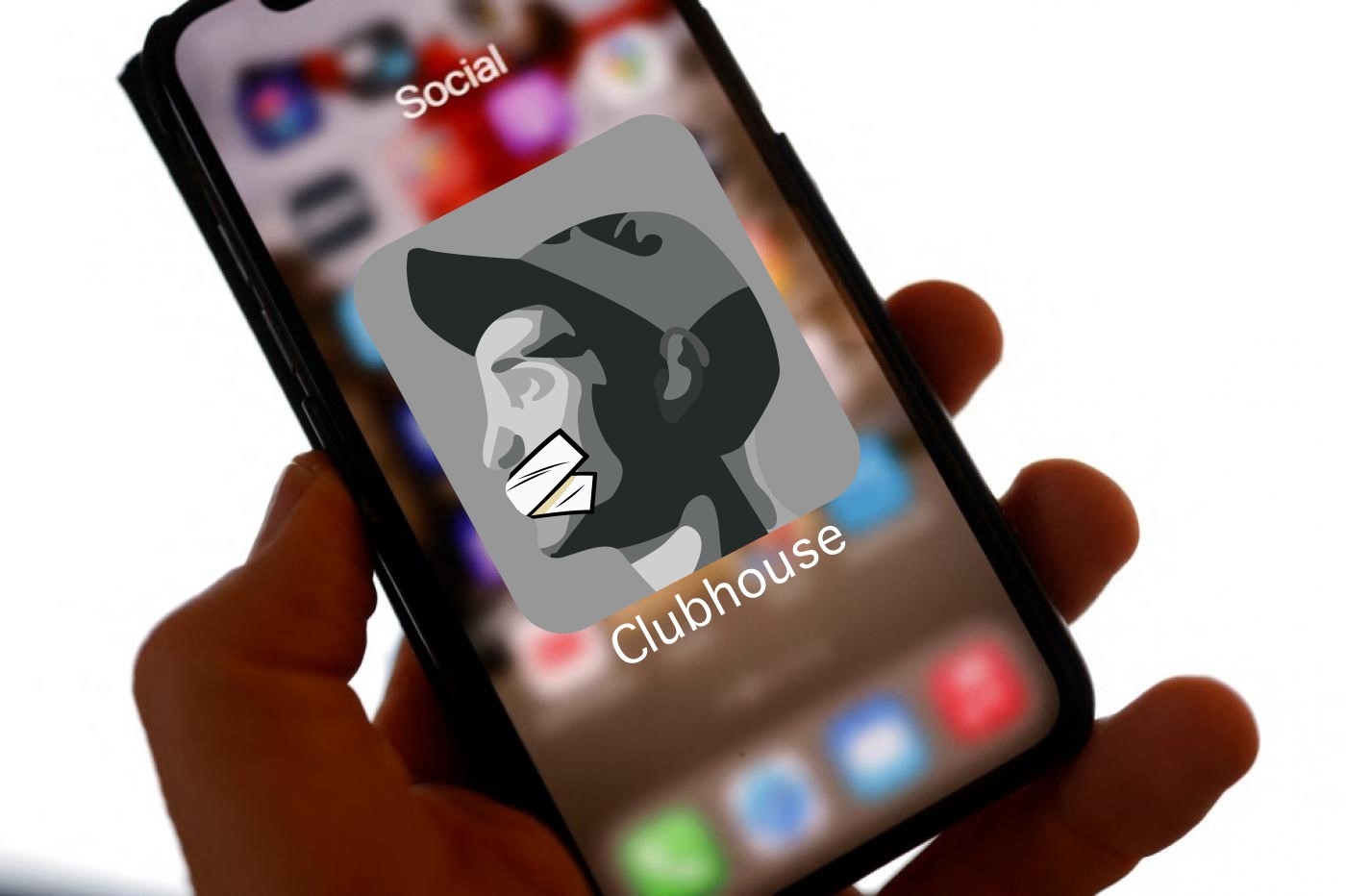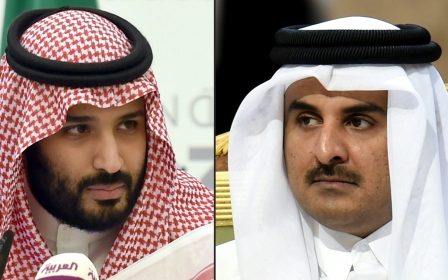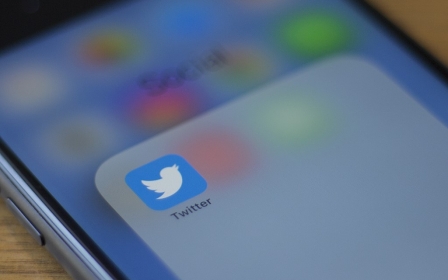Clubhouse: A new avenue of free speech, or yet another tool of repression?

Clubhouse is taking parts of the Arab world by storm. The voice-based social media app allows people using Apple’s iOS operating system to create discussion rooms based on a topic of their choice. The result has been vibrant discussions on all manner of topics, from feminism to political reform.
As a result, some analysts have been quick to praise Clubhouse as a new avenue of free speech, especially in the Gulf. Eman Alhussein, a non-resident fellow at the Arab Gulf States Institute in Washington, called it a space where people can debate and contest topics that have been “suspended for years in the Gulf”.
Ahmed Gatnash, co-founder of the MENA-focused human rights group Kawaakibi Foundation, tweeted that “so far the Saudi rooms are the most provocative, insightful and vibrant on the platform. They’re massive and highly active. This is like Twitter was a decade ago.”
Unless Twitter, Facebook and other social media platforms share codes of conduct, such cross-platform intimidation will continue
Yet, while the above is certainly true, many are in for a rude awakening. It is important not to get carried away and overstate the emancipatory power of Clubhouse or technology. To do so is to commit a number of mistakes.
Firstly, it is easy to let our guard down during the “honeymoon” period of a new technology. During the Arab uprisings in 2010-11, much was made of the liberating power of Twitter and Facebook.
New MEE newsletter: Jerusalem Dispatch
Sign up to get the latest insights and analysis on Israel-Palestine, alongside Turkey Unpacked and other MEE newsletters
To some extent, this was true; the new possibilities afforded by technology enabled citizens to network, organise and mobilise against autocratic regimes. Technology can also have a disinhibiting effect, where people behave in ways they might not if they were face to face. This can be emboldening and result in people saying things they might not otherwise say.
But regimes across the Middle East quickly coopted these platforms to be effective tools of surveillance and control. Soon, they being were used to engage in witch hunts against activists and to spread state propaganda. As more prominent netizens and regime critics were arrested across the Arab world, the chorus of critical voices on social media platforms diminished.
Clubhouse is not immune to the same fate, and it’s less a question of “if” Clubhouse will be coopted by authoritarian regimes as a tool of surveillance and control, than a question of how quickly.
'Imaginary' grievances
The writing is already on the wall. Amani al-Ahmadi, a Saudi American activist, hosted a room under the topic of “racism in Saudi Arabia”. Almost immediately, Saudi Twitter accounts captured screenshots and conversations from among those in the room, recording their identities and opinions. Some invoked conspiracies that such groups were organising to raise “imaginary” grievances, with one Twitter account calling the activist who set up the room a “mercenary”.
After the release of Saudi activist Loujain al-Hathloul, a Clubhouse room set up to discuss the topic was quickly closed after threats were made to screenshot, name and shame those involved. Similarly, Hala Alsadi, writing in Vice, noted that a similar thing happened to a room in which Saudis were discussing the potential legalisation of alcohol, as a video recording was soon posted to Twitter.
Clubhouse itself forbids such recording of conversations, but it cannot control this process. There’s nothing stopping someone from recording a video on a device and posting it to Twitter, Facebook or YouTube - and because Clubhouse encourages people to use real identities, there is little ability to hide behind anonymity. Unless Twitter, Facebook and other social media platforms share codes of conduct, such cross-platform intimidation will continue.
Those shouting down others in such rooms are there to intimidate and to create a fear of surveillance. The impact of “naming and shaming” is designed to remind users that they are being monitored. This tactic was used to great effect during the Bahraini uprising, when pro-government Twitter vigilantes posted images, addresses and phone numbers of perceived opponents to the regime.
State disruption
Large-scale political dissent is unlikely to remain invisible on the app, and even if that were possible, it is trivial for state intelligence services to infiltrate the rooms.
Unlike China, which crudely blocked the app, states such as the UAE, Saudi Arabia and Egypt have been successful in coopting technology as an instrument of control. This allows regimes to reap the attendant economic benefits of new technologies, without the political risks.
Such platforms are not immune from the demographic power of technologically developed authoritarian regimes. High mobile-phone penetration in the Gulf means many Saudi users with iPhones have already taken to Clubhouse.
The more Saudis turn to Clubhouse to discuss controversial topics, the more the state will likely resource attempts to disrupt this. And these resources will impact not just Saudi users, but any Arabic-speaking rooms in which controversial topics are discussed.
The views expressed in this article belong to the author and do not necessarily reflect the editorial policy of Middle East Eye.
This article is available in French on Middle East Eye French edition.
Middle East Eye delivers independent and unrivalled coverage and analysis of the Middle East, North Africa and beyond. To learn more about republishing this content and the associated fees, please fill out this form. More about MEE can be found here.





